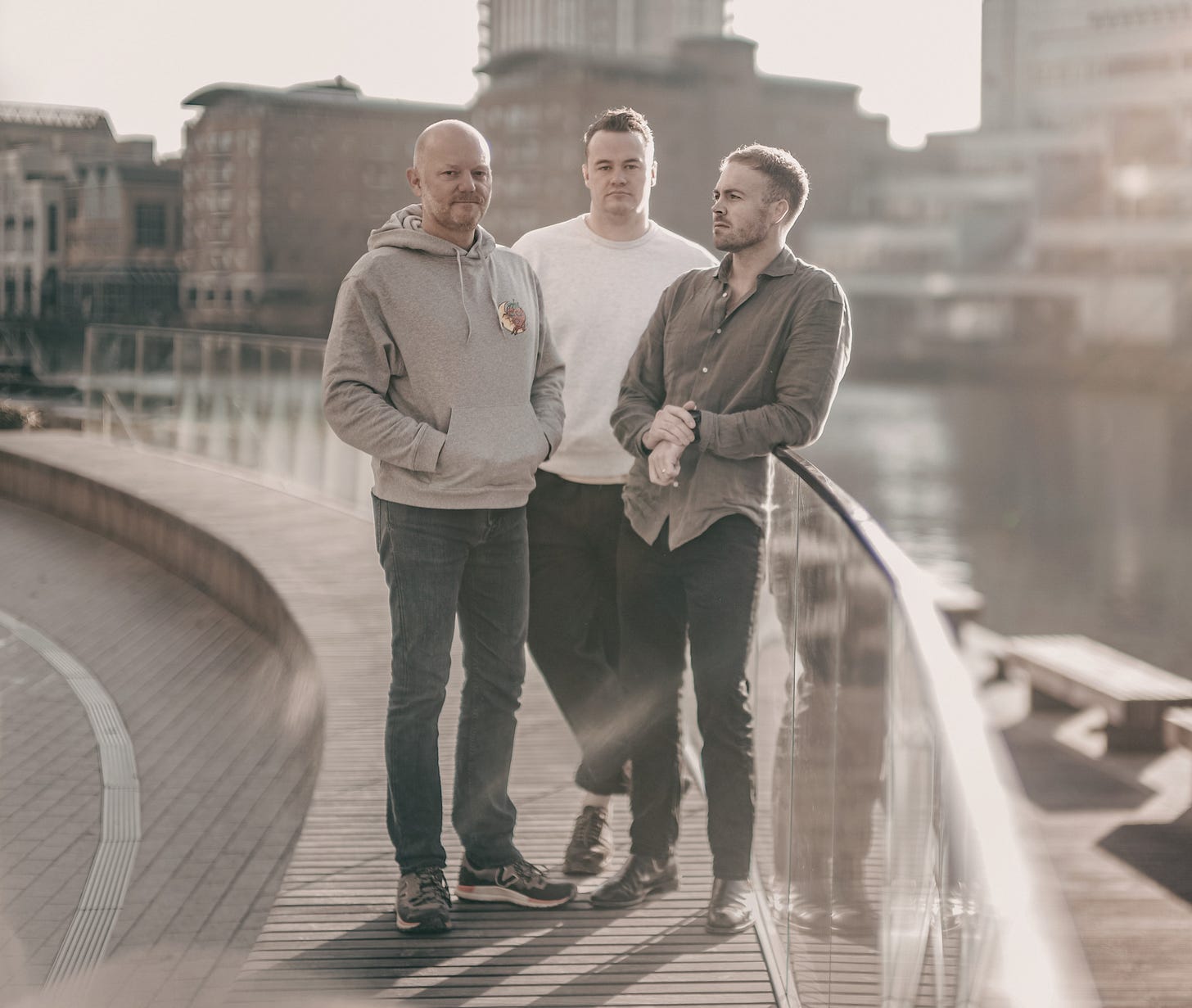Smashed special: An interview with restaurateur James Robson, the man behind London sensations Fallow, Roe and Fowl
The UKs restaurant scene digested

A short item in this week’s Code Hospitality newsletter jumped out at me. ‘Julia Gilbert, former Ivy Asia operations director, has joined Fallow restaurant group as managing director.’ Great for Gilbert and Fallo…



